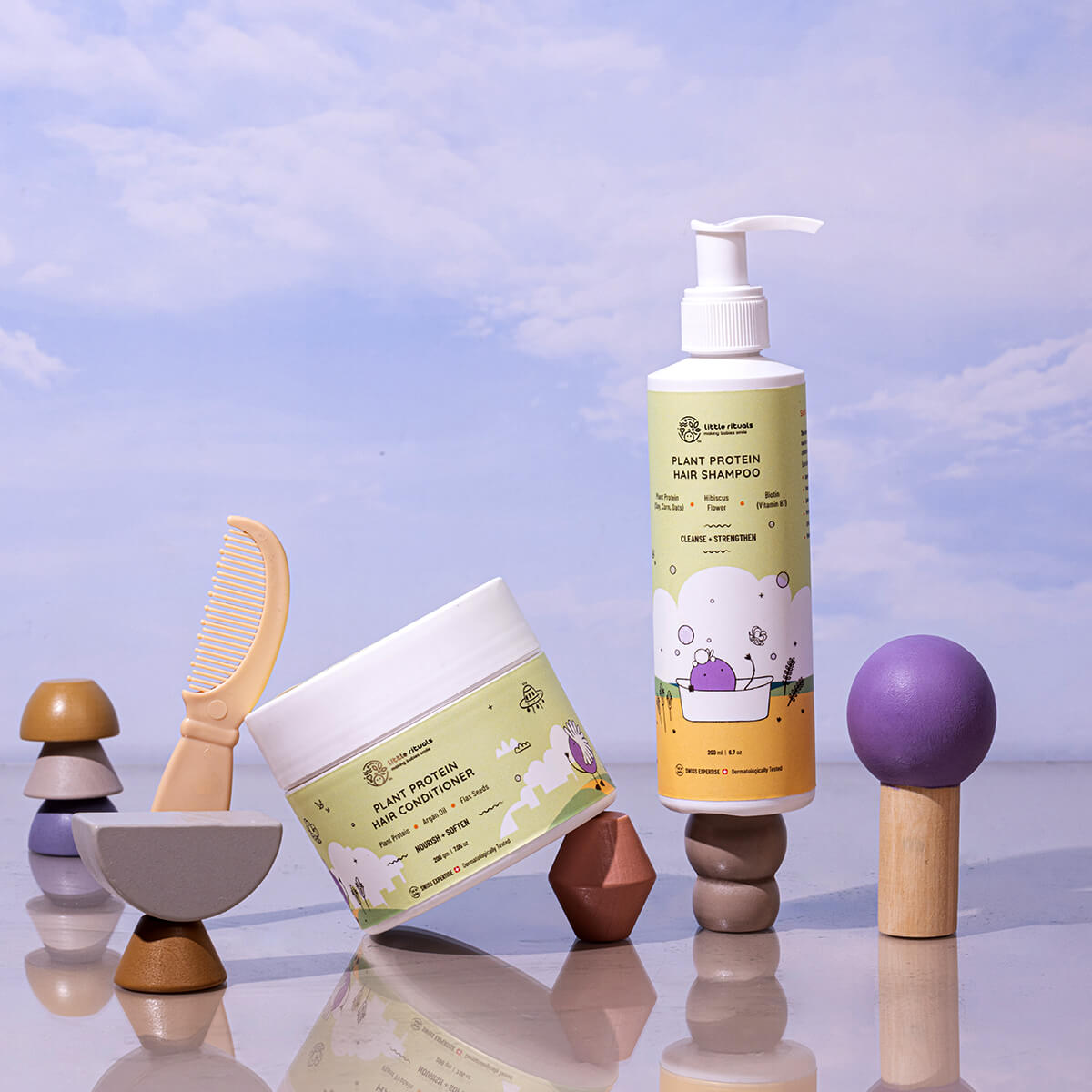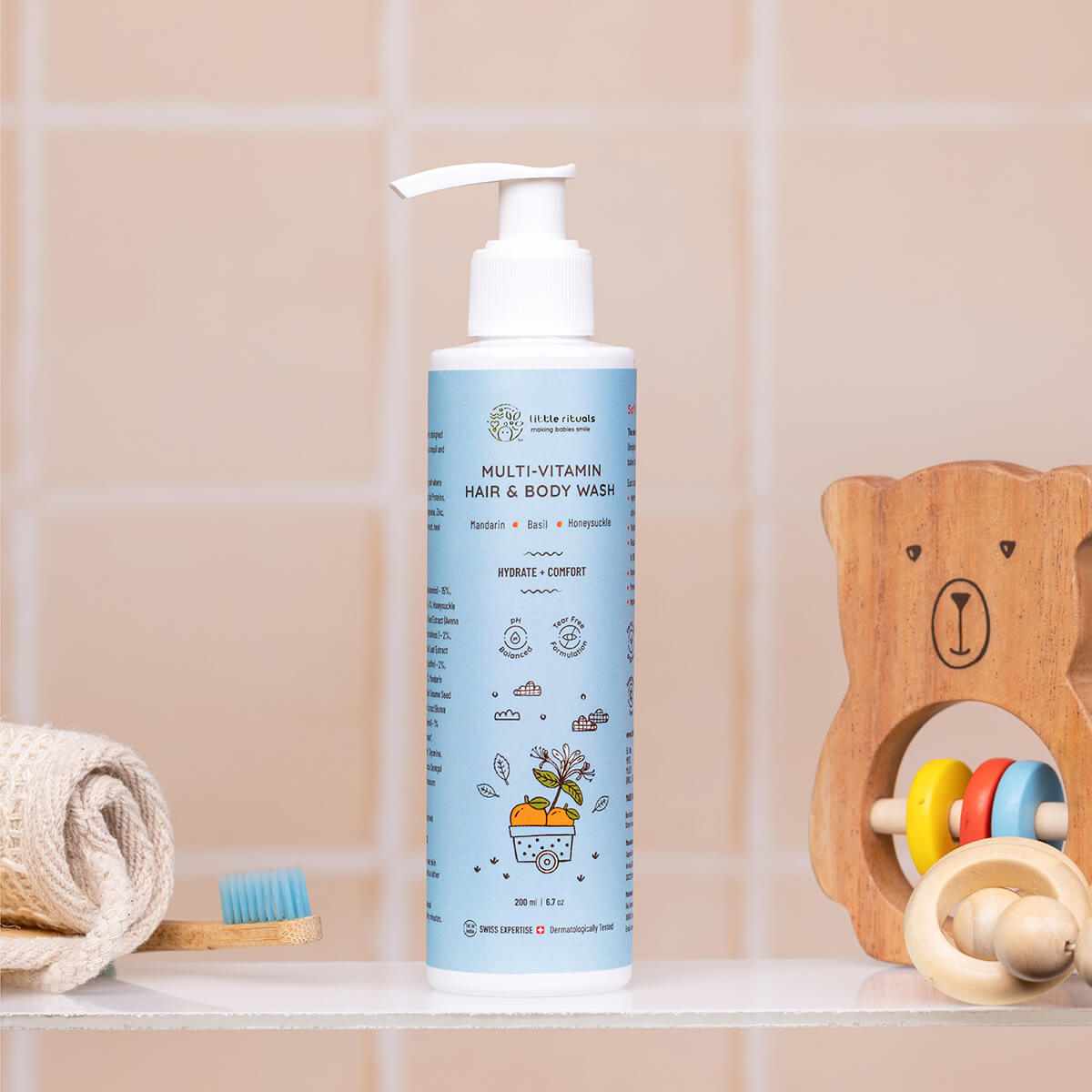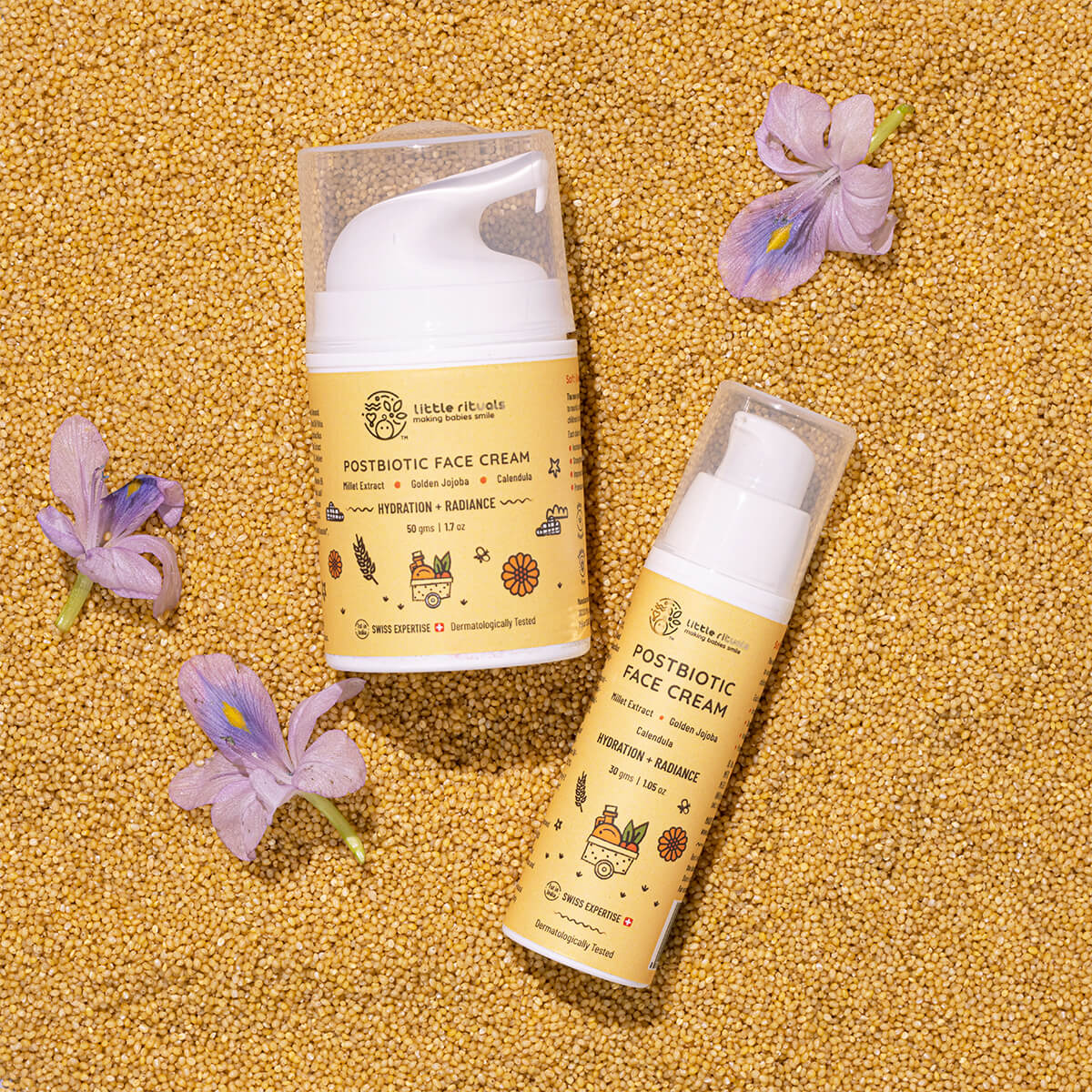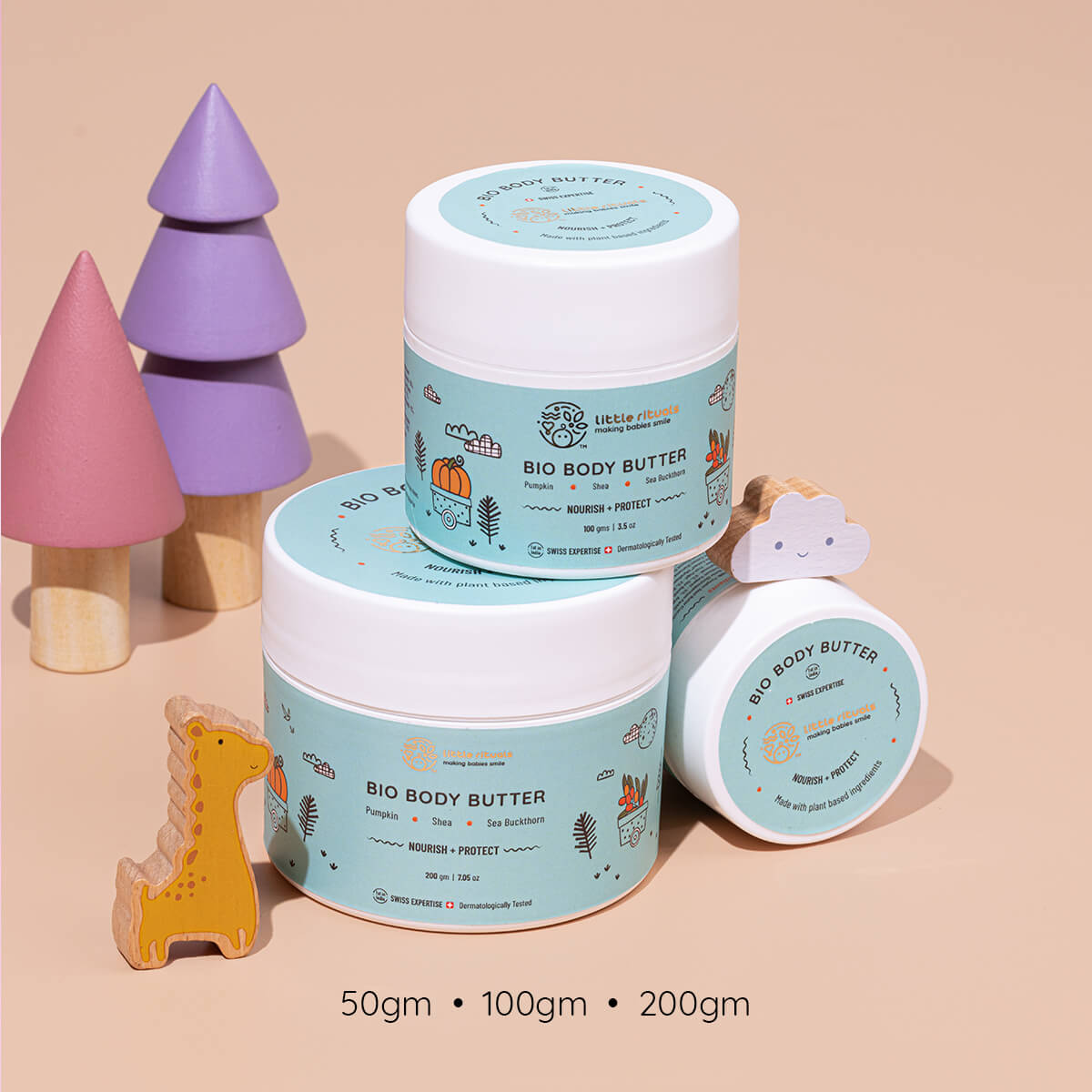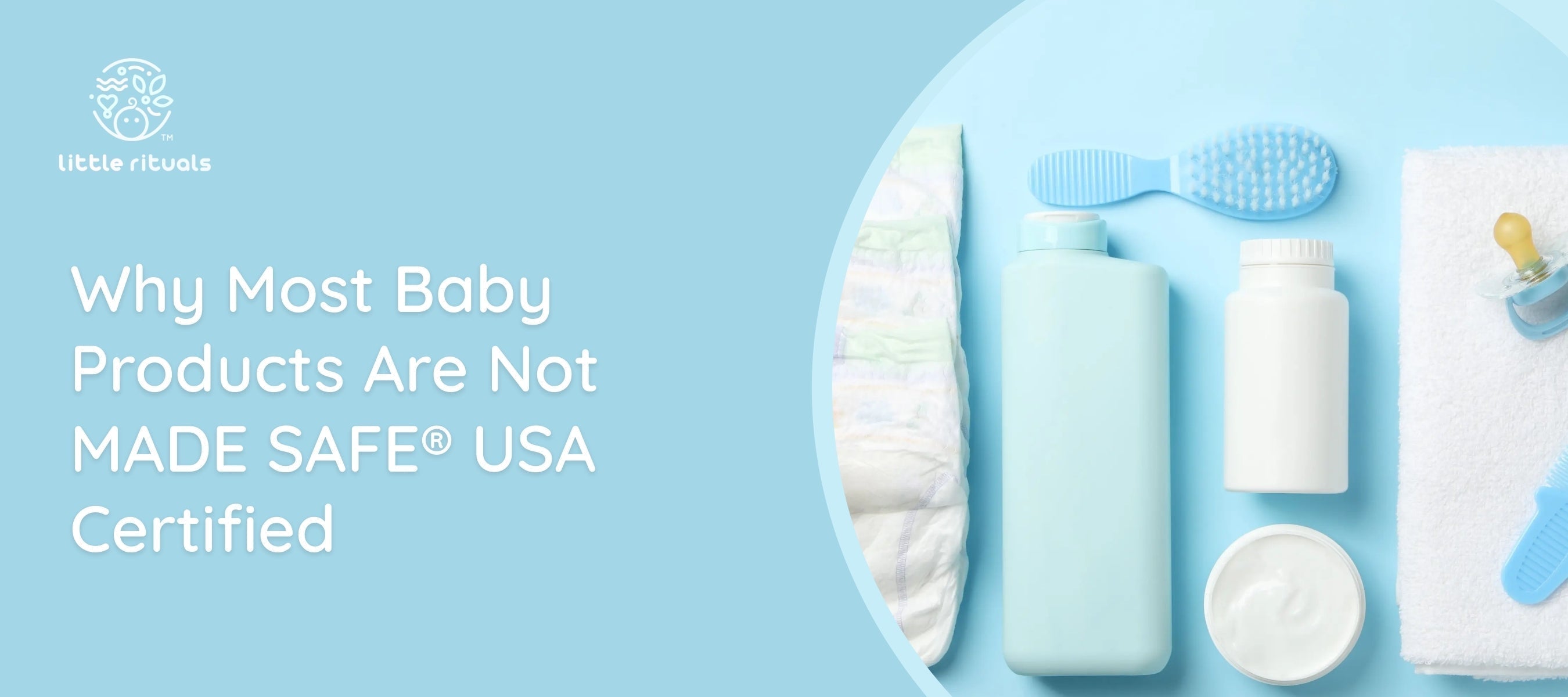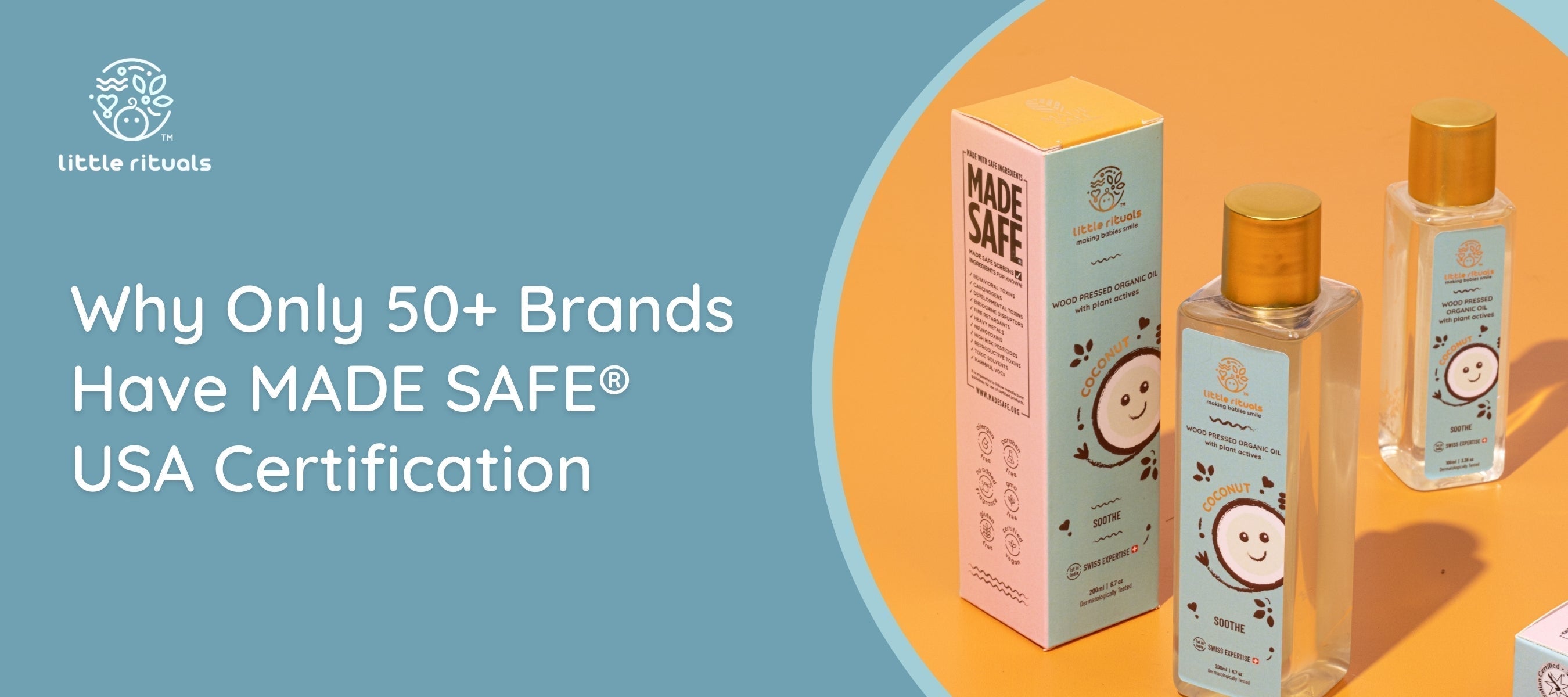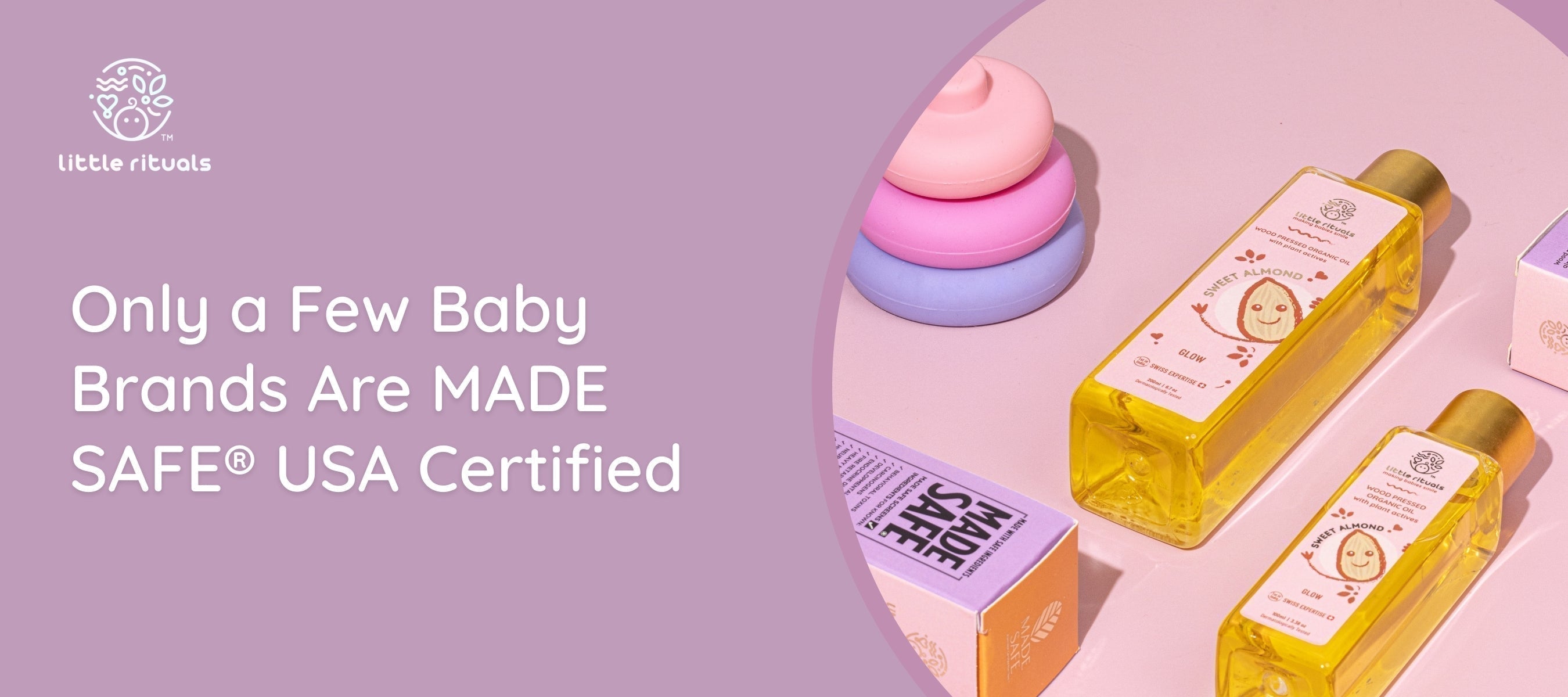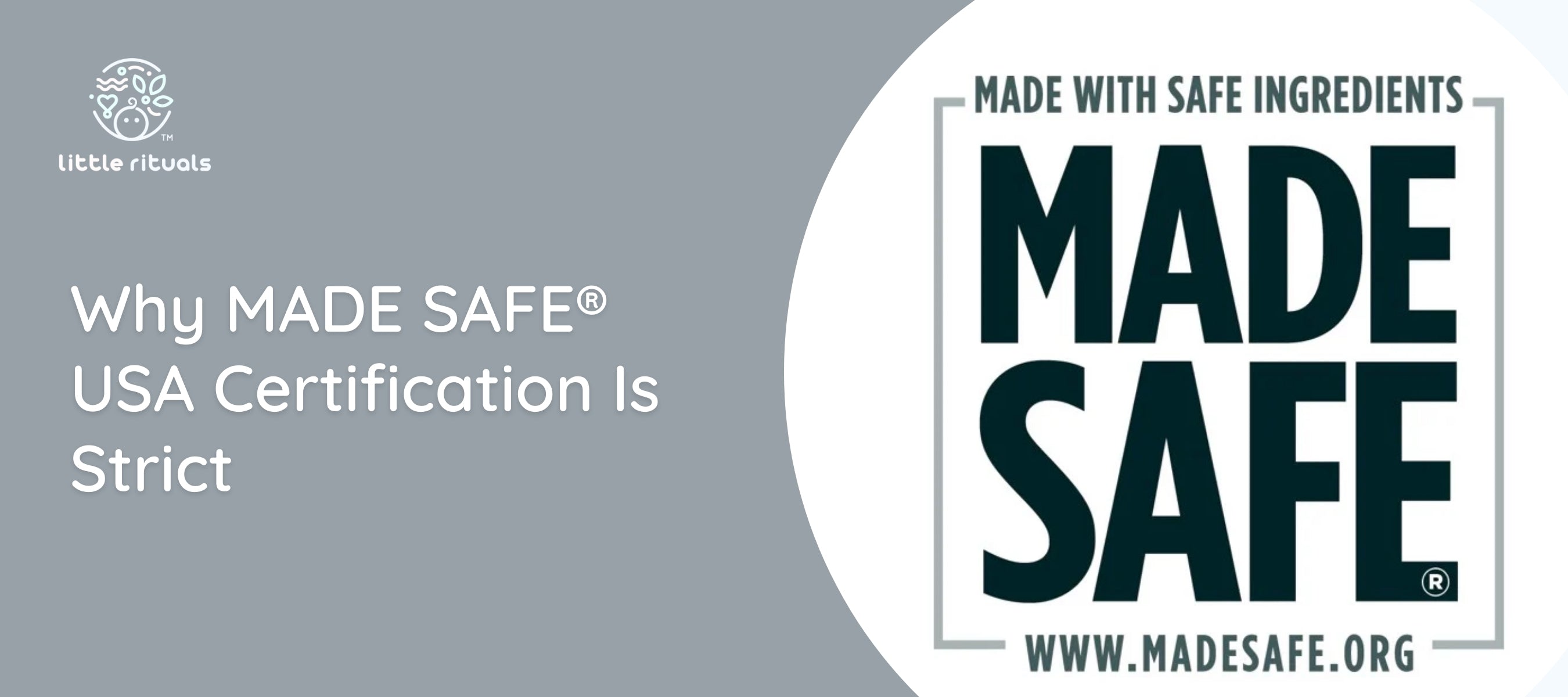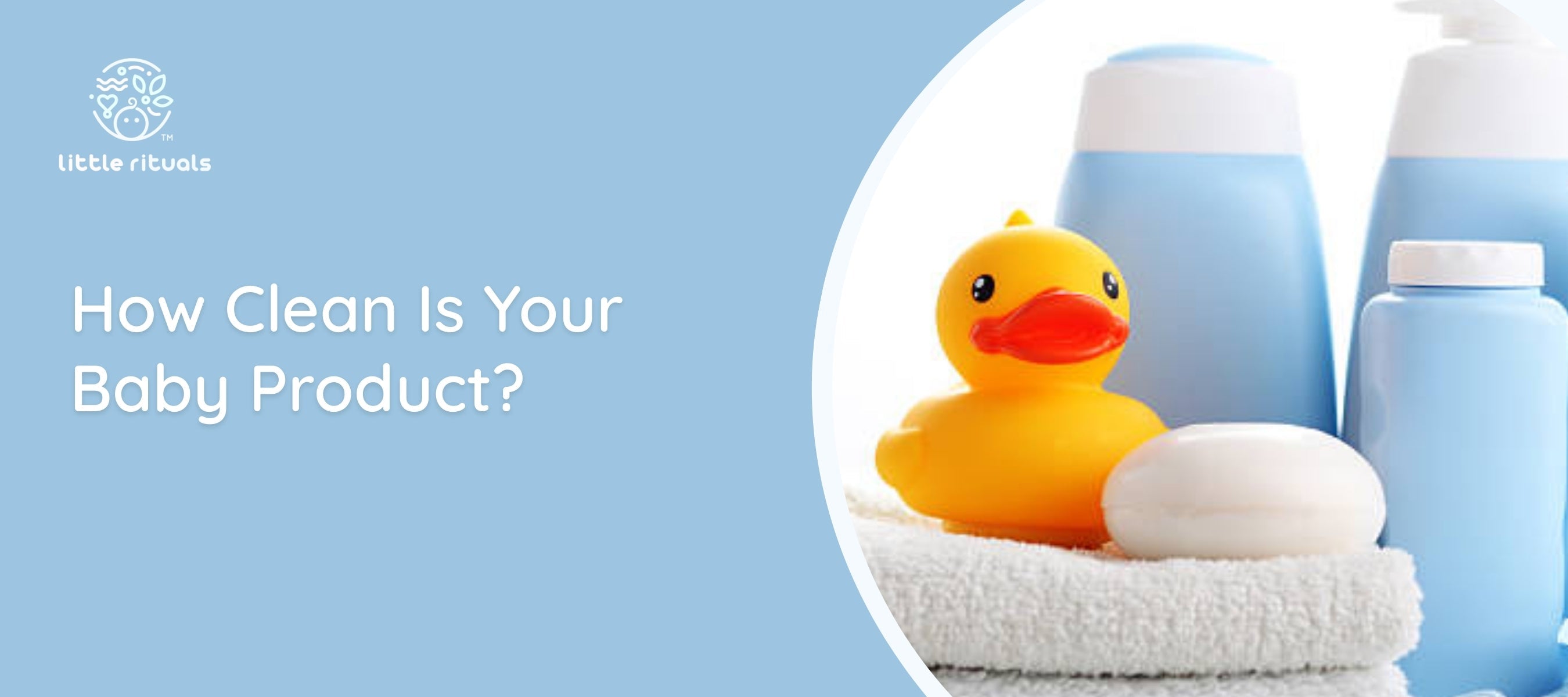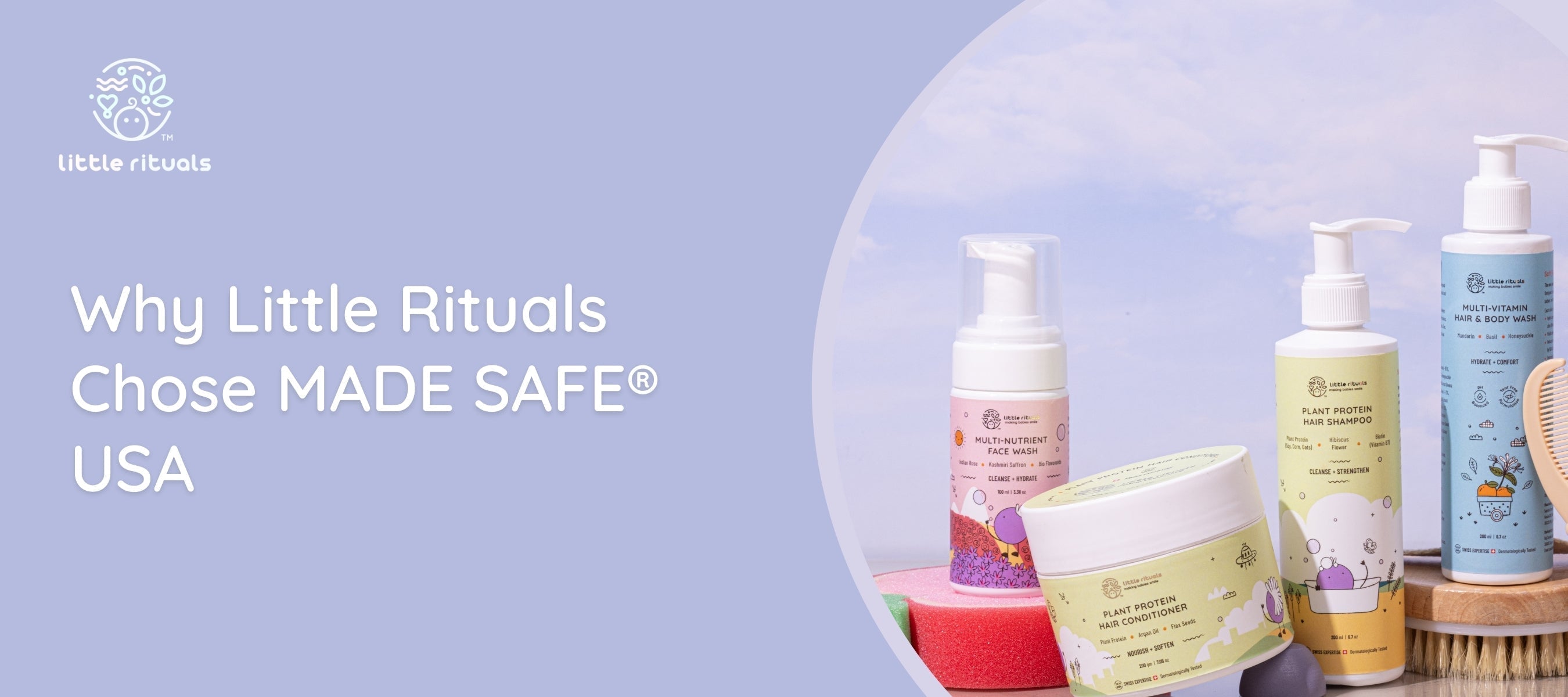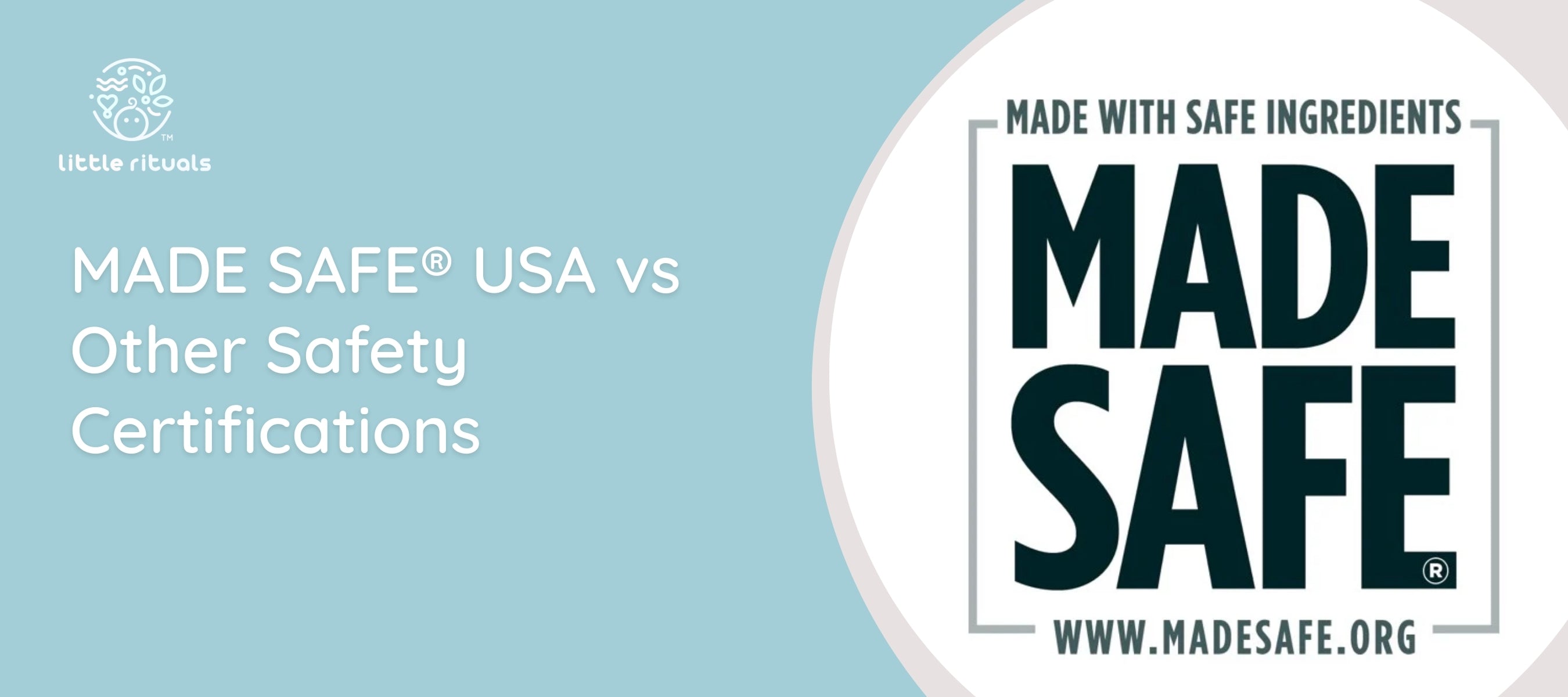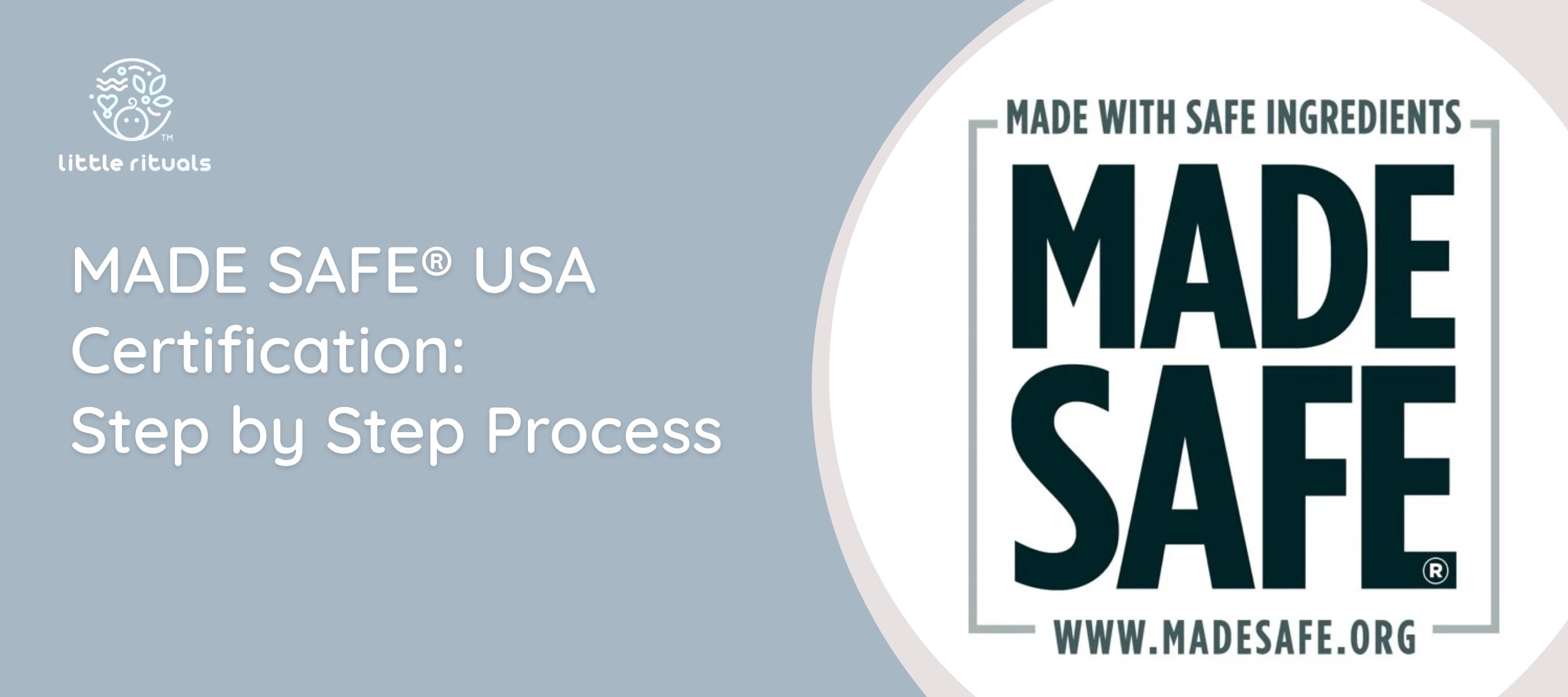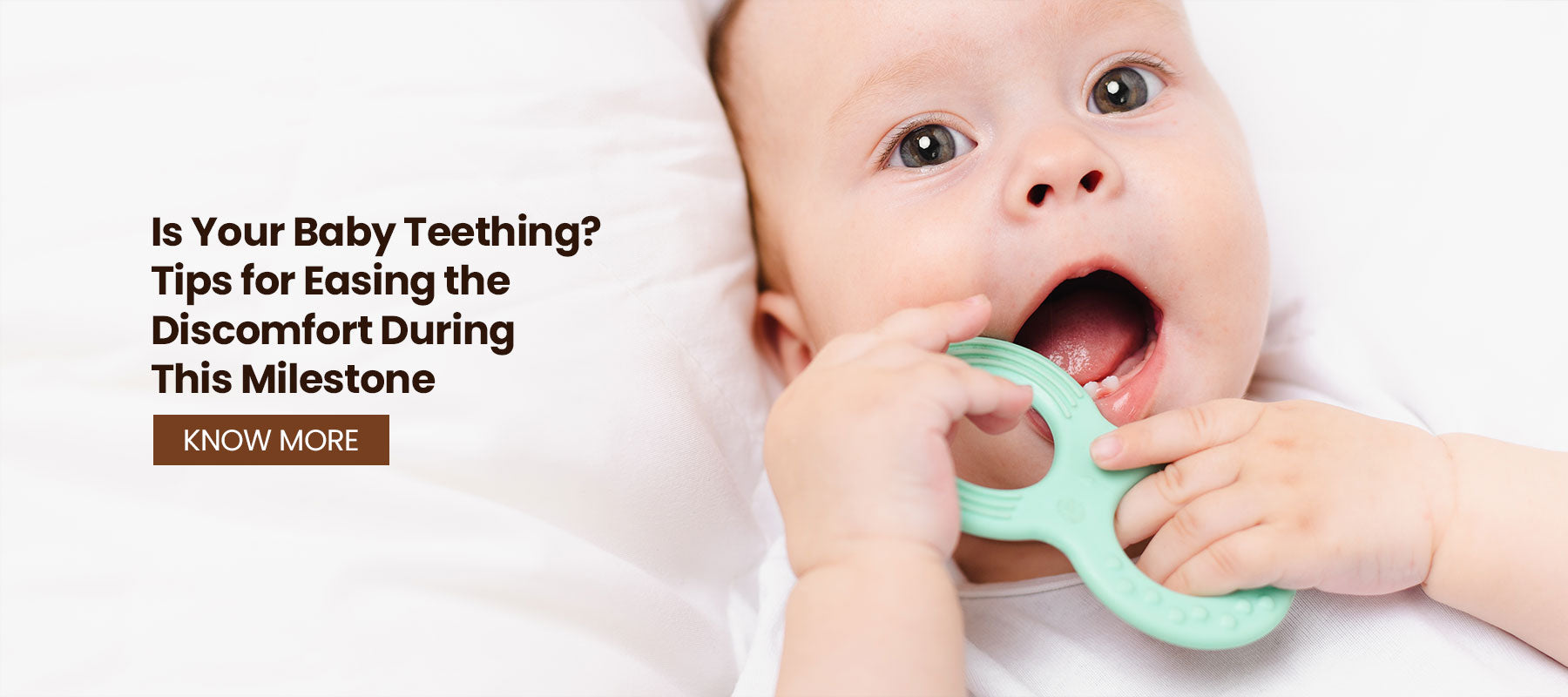
Is Your Baby Teething? Tips for Easing the Discomfort During This Milestone
Teething is an essential milestone in your baby's development, but it can also be challenging for both parents and little ones. As your baby’s first tooth begins to emerge, they may experience discomfort, irritability, and other symptoms that signal the arrival of their pearly whites. Understanding the process and finding effective baby teething remedies can make this transition smoother for everyone involved.
Understanding Baby’s First Tooth Symptoms
Teething typically starts around six months of age, although it can vary widely from one baby to another. Some may begin as early as three months, while others might not start until after their first birthday. Recognizing the baby first tooth symptoms is crucial for providing timely care and comfort. Here are some common indicators:
- Increased Drooling: Excessive saliva production is one of the earliest signs of teething.
- Chewing on Objects: Your baby may gnaw on toys, fingers, or other objects to relieve gum pressure.
- Irritability and Fussiness: The discomfort of teething can make babies cranky and harder to soothe.
- Swollen or Tender Gums: Red or inflamed gums often accompany the eruption of a new tooth.
- Interrupted Sleep Patterns: Pain and discomfort may cause your baby to wake up more frequently at night.
- Loss of Appetite: Teething pain can make eating uncomfortable, leading to a temporary decrease in appetite.
If you notice these symptoms, it’s a good idea to consult with your pediatrician to confirm teething and rule out other possible causes of discomfort.
Must Read: Engaging Activities to Strengthen the Bond with Your Little Munchkin
Tips for Soothing Sore Gums
Providing relief for your baby’s teething discomfort doesn’t have to be complicated. Here are some practical tips for soothing sore gums:
1. Use a Teething Ring
Teething rings can be a lifesaver during this period. Opt for a chilled (not frozen) teething ring to provide a cooling effect that numbs sore gums. Ensure the teething ring is made of safe, non-toxic materials and is easy for your baby to hold.
2. Massage the Gums
Gently rubbing your baby’s gums with a clean finger can provide immediate relief. Apply light pressure to help reduce the discomfort and stimulate blood circulation in the gums.
3. Offer a Cool Washcloth
A clean, damp washcloth chilled in the refrigerator can be an effective and simple remedy. Let your baby chew on it under your supervision to alleviate gum pain.
4. Provide Teething Toys
Teething toys come in various shapes, sizes, and textures, offering your baby something safe to chew on. Look for BPA-free options designed specifically for teething babies.
5. Cold Foods (For Older Babies)
If your baby has started eating solids, try offering cold foods like chilled applesauce or yogurt. These can help soothe the gums while providing a tasty distraction.
Baby Teething Remedies for Babies
Parents often seek baby teething remedies for babies to ease the discomfort and make the experience less stressful. Here are some additional strategies you can try:
1. Over-the-Counter Teething Gels
Consult with your pediatrician about using teething gels that contain mild numbing agents. Make sure the product is baby-safe and free from harmful ingredients like benzocaine.
2. Frozen Fruits in a Mesh Feeder
For older babies, placing frozen fruits like bananas or berries in a mesh feeder can be an enjoyable and soothing remedy. The cold fruit eases gum pain while introducing new textures and flavors.

3. Chamomile Tea Rub
A natural remedy like chamomile tea can work wonders for sore gums. Dip a clean cloth in cooled chamomile tea and gently rub it on your baby’s gums.
4. Amber Teething Necklaces
While some parents swear by amber teething necklaces, it’s essential to approach this option with caution. Ensure the necklace is worn only under supervision to avoid choking hazards.
5. Hydration and Comfort
Staying hydrated is essential for overall comfort during teething. Offer your baby extra fluids, especially if they’re drooling excessively. Additionally, plenty of cuddles and comforting can go a long way in easing their irritability.
When to See a Pediatrician
While teething is a natural process, there are times when you should seek medical advice. If your baby has a high fever, persistent diarrhea, or shows signs of infection, these symptoms may not be related to teething and should be evaluated by a doctor. Additionally, if you’re concerned about delayed teething or unusual patterns, your pediatrician can provide guidance.
Managing Parental Stress During Teething
Caring for a teething baby can be exhausting, especially when sleep disruptions occur. It’s essential to practice self-care and seek support if needed. Here are some tips for parents:
- Share Responsibilities: Take turns with your partner or a caregiver to ensure you get adequate rest.
- Stay Prepared: Keep teething essentials like toys, washcloths, and remedies on hand.
- Connect with Other Parents: Join parenting groups or forums to share experiences and tips.
Celebrating Your Baby’s Milestone
Despite the challenges, teething marks an exciting milestone in your baby’s growth. The emergence of their first tooth is a moment to celebrate and capture in photos. Remember that this phase is temporary, and with the right baby teething remedies for babies, you can make it a manageable and memorable experience.
By understanding the baby first tooth symptoms and applying these tips for soothing sore gums, you’ll be well-equipped to support your baby through this important stage. Patience, preparation, and plenty of love will help both you and your little one navigate teething with confidence.
















